
A couple of years ago, I attended a Friday night Shabbat service at a little shul in Cambridge, Massachusetts. The space was heimish. The community was welcoming. The melodies were soulful. But when it came time for the Amidah, the rabbi said something that guaranteed I would never return.
“It’s now time for the silent prayer,” he began. “You can offer this prayer to God, if the idea of God works for you — or, if God doesn’t work for you, you can speak to yourself, or pray to anything that’s meaningful to you.”
This is what is known as “God-optional Judaism,” an increasingly common model in the Jewish American landscape.
Intended as a step towards greater accessibility and inclusivity, God-optional Judaism is a sign of progressive Judaism’s decline. In the course of two centuries, the fearless iconoclasm of the early Reformers has become, in too many instances, a simpering consumer-oriented model that has lost focus on the one thing that matters — fostering a relationship between the Jewish people and God.
If God is anything at all, He is not optional. If God exists as the source of our being, the light behind the words of our sacred scriptures, and the hidden hand that has guided the development of our consciousness and our civilization — then His claim to our attention, our service, our love, and our quest for connection is undeniable.
I am not saying that one must believe in God to be counted as a Jew, or that secular Jews are in any way less valid, important, or authentic than anyone else. What I am saying is that rabbis — the leaders of our religious communities — cannot treat God like an accessory to Judaism that can be attached, removed, and replaced at will.
Indeed, radical atheistic forms of Judaism — like that of the Bundists or some of the early Zionists — would be preferable to this pale, polite semi-theism. Those movements displayed courage, conviction and intellectual honesty. “God-optional,” on the other hand, displays none of this. It even fails at the one thing it’s supposedly engineered to accomplish — providing people with options, for in truth, the term “God-optional” is not neutral. It weighs in on the debate, albeit in a subtle way — implying that God is merely one option among many is a polite way of saying that there is no God.
In truth, the term “God-optional” is not neutral. It weighs in on the debate, albeit in a subtle way — implying that God is merely one option among many is a polite way of saying that there is no God.
Rabbis may have the sense that they are being kind and sensitive by going God-optional. After all, some people are averse to “God language” due to negative or traumatic experiences with religion.
But for those who have had a negative experience of Judaism or religion in general, the rabbi’s role is to present an alternative with kindness, compassion and authenticity — not to offer a buffet of different, incompatible visions of Judaism’s ultimate meaning to peruse like a menu.
To do so is neither kind nor sensitive. Rather, it is nihilistic.
It is said that between every two Jews, there are three opinions, and it’s true that our tradition has always contained a fundamental pluralism. The House of Hillel debated the House of Shammai in matters of Jewish law, and we are taught that both sides spoke “the words of the living God.”
In progressive Jewish spaces today, however, we have begun to replace this welcoming attitude toward lively and passionate debate for the far less compelling idea that the argument itself doesn’t matter, that any answer to every question is equally valid.
The result is not the pluralism of Hillel and Shammai, both of whom believed that their own positions were correct and were willing to argue the case. Rather, the result is a bland array of “options,” the choice between which is presented as more or less arbitrary.
These are not the words of the living God, and they are not the words of a living Judaism.
A religion, if it is to survive as a relevant force in the world, cannot be afraid to speak a message that some will find alienating or implausible.
The only alternative, it turns out, is to say nothing of substance at all.
Matthew Schultz is a Jewish Journal columnist and rabbinical student at Hebrew College. He is the author of the essay collection “What Came Before” (Tupelo, 2020) and lives in Boston and Jerusalem.









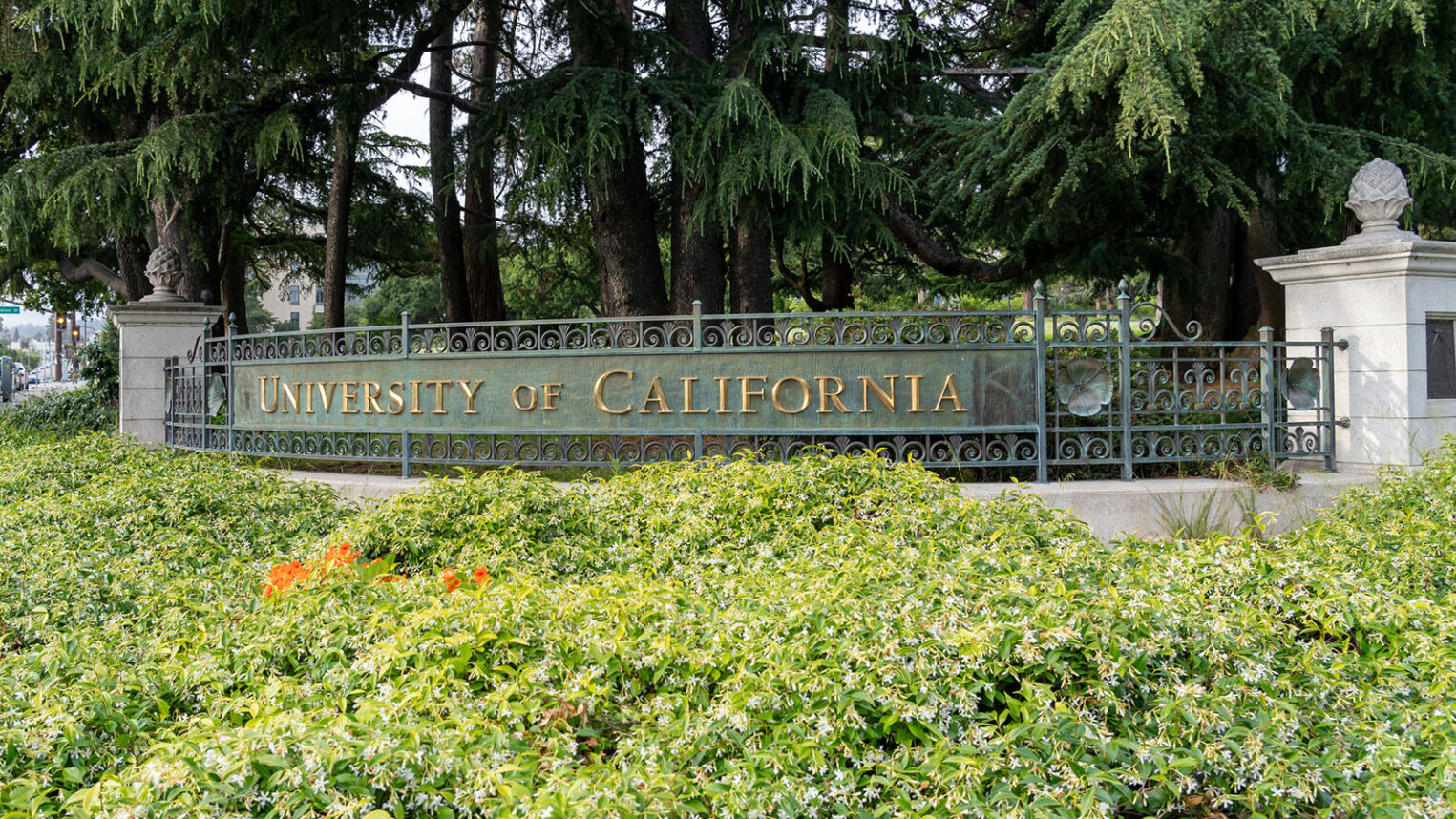

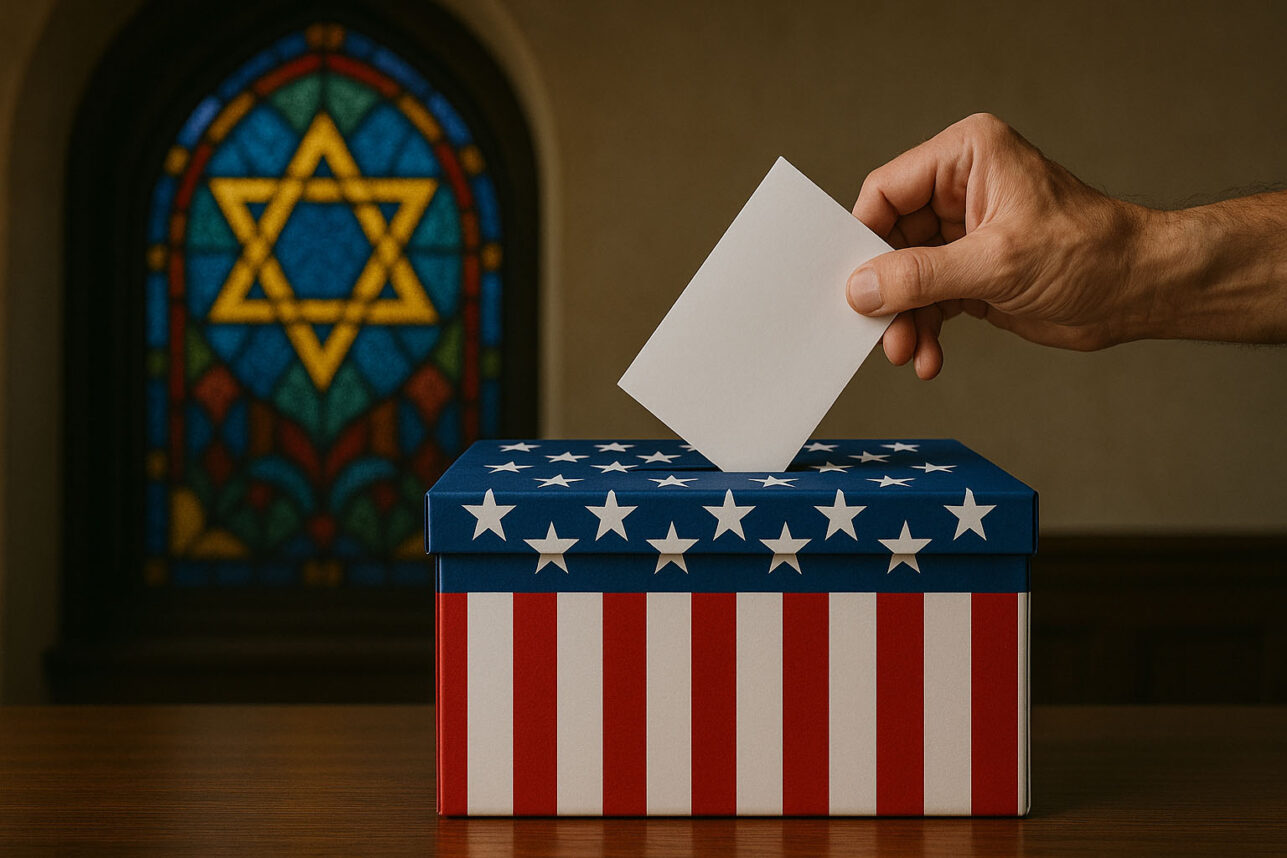

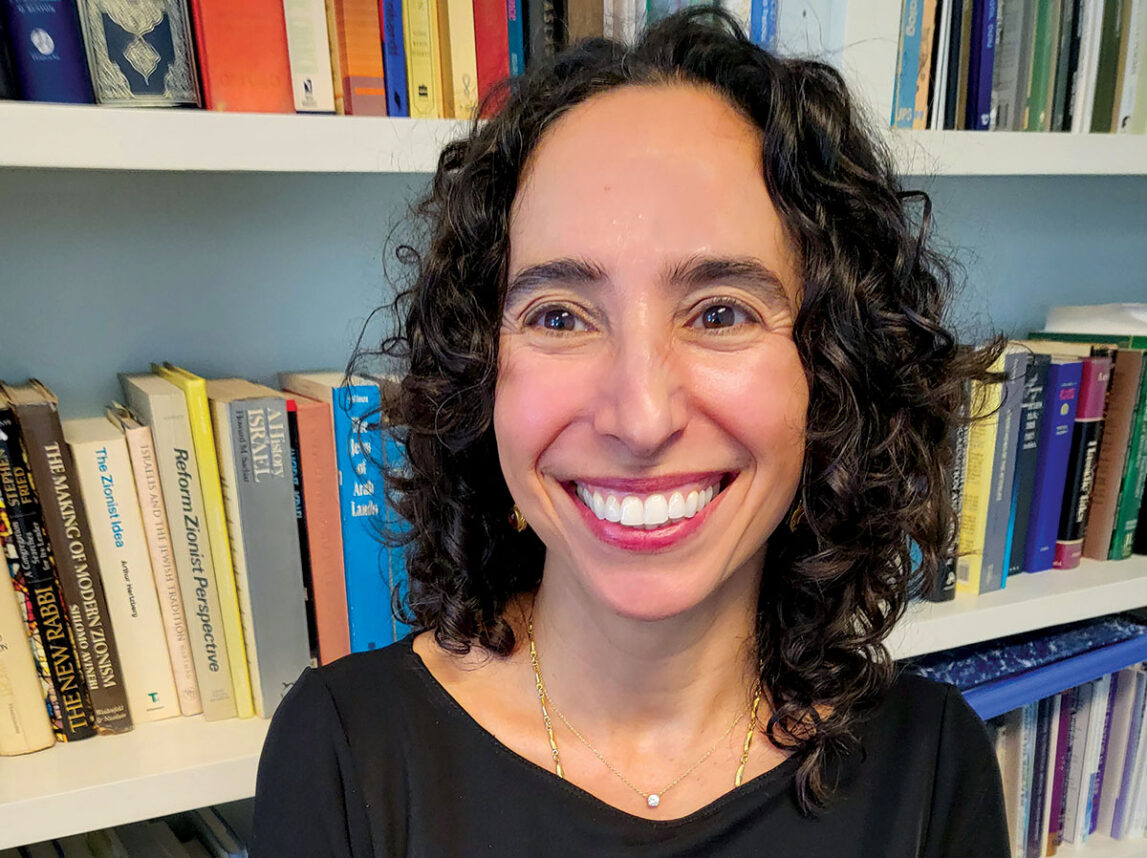
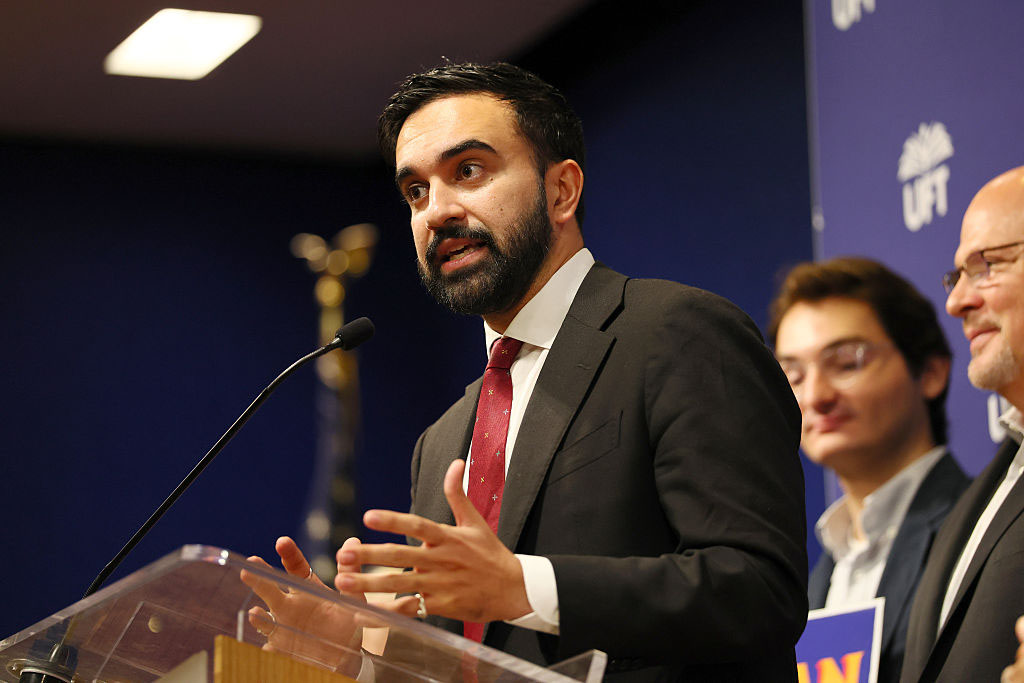


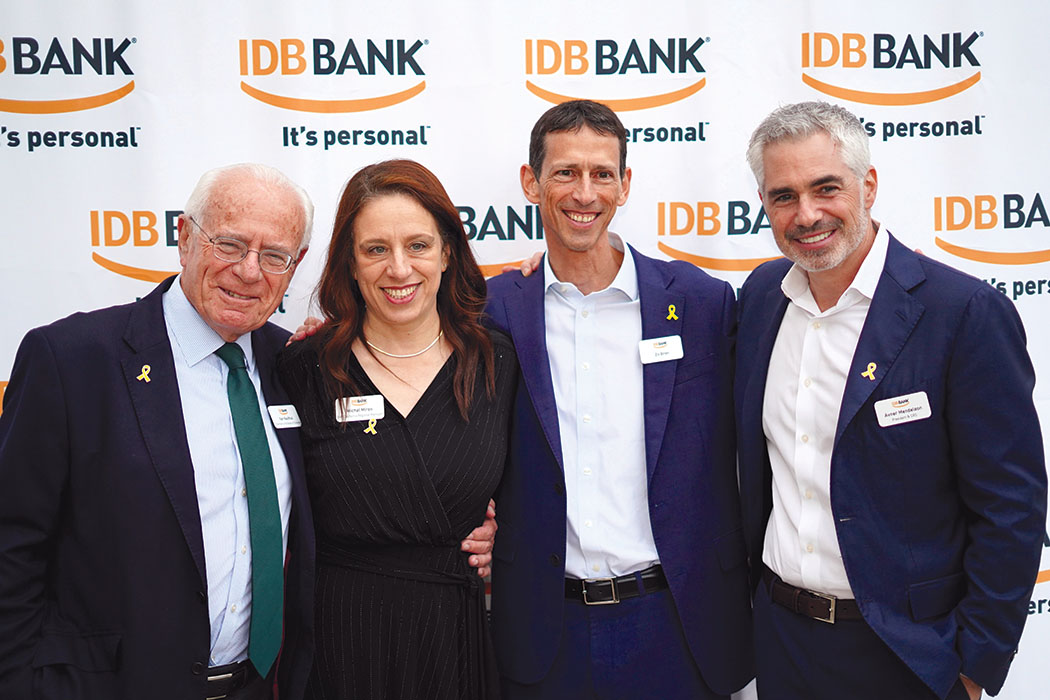

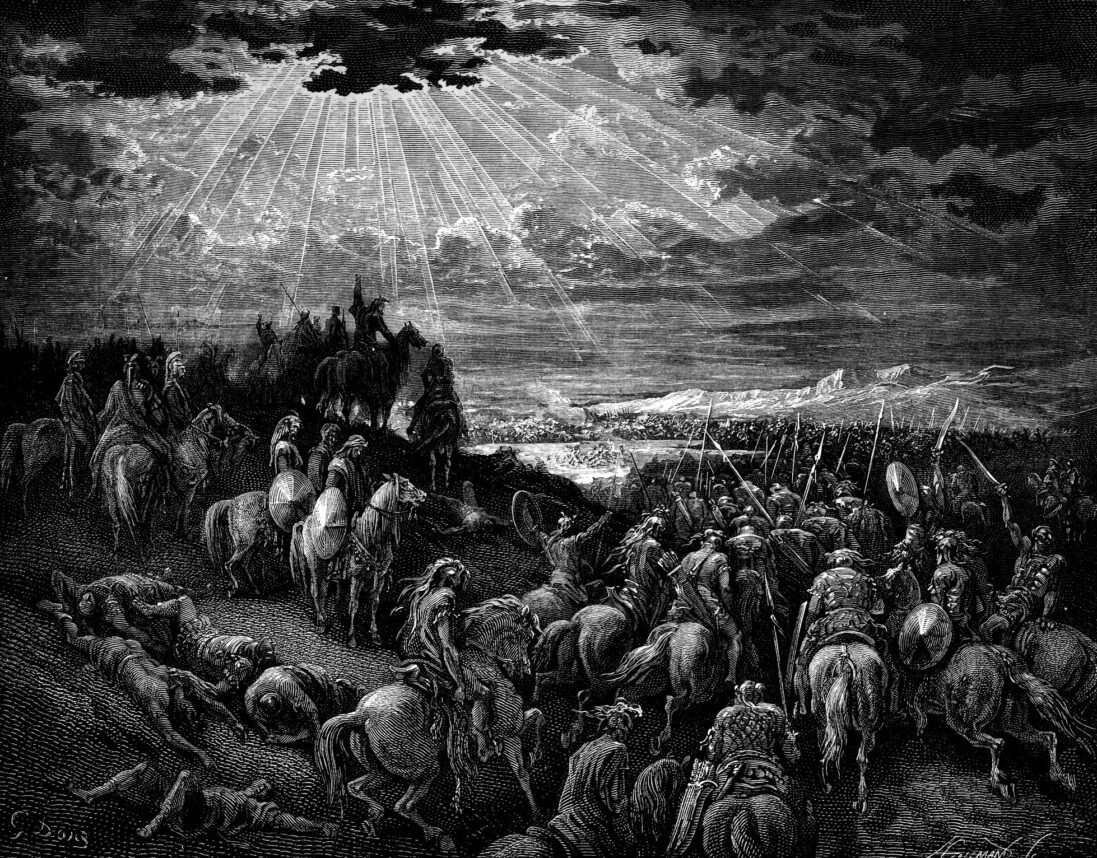


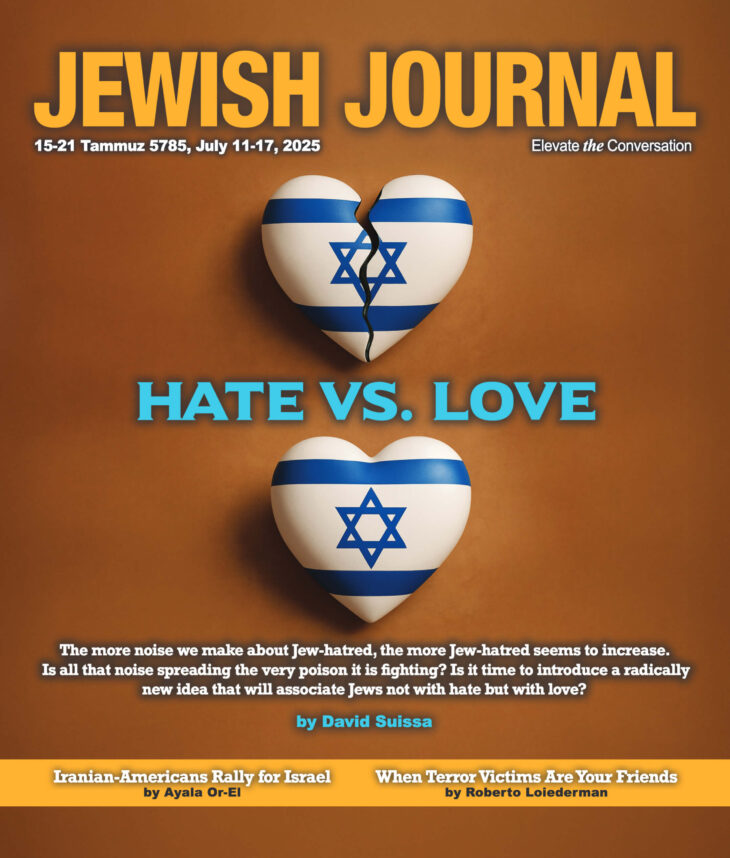

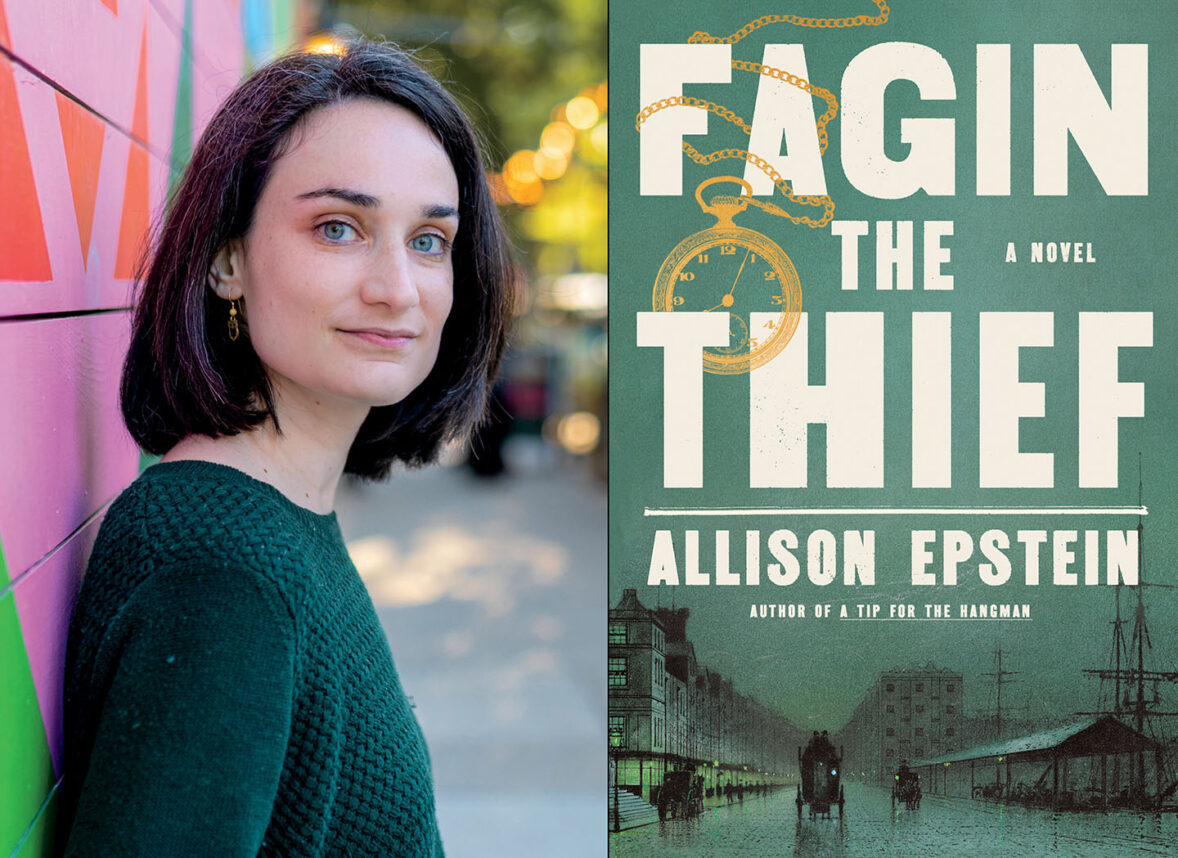
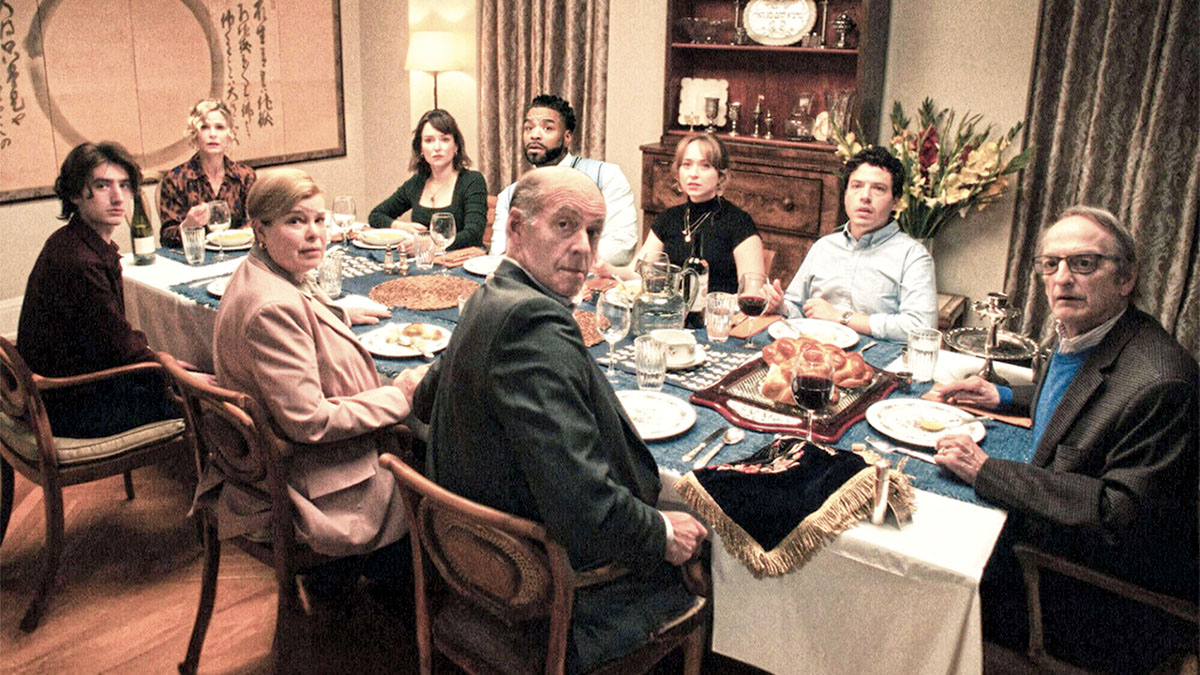





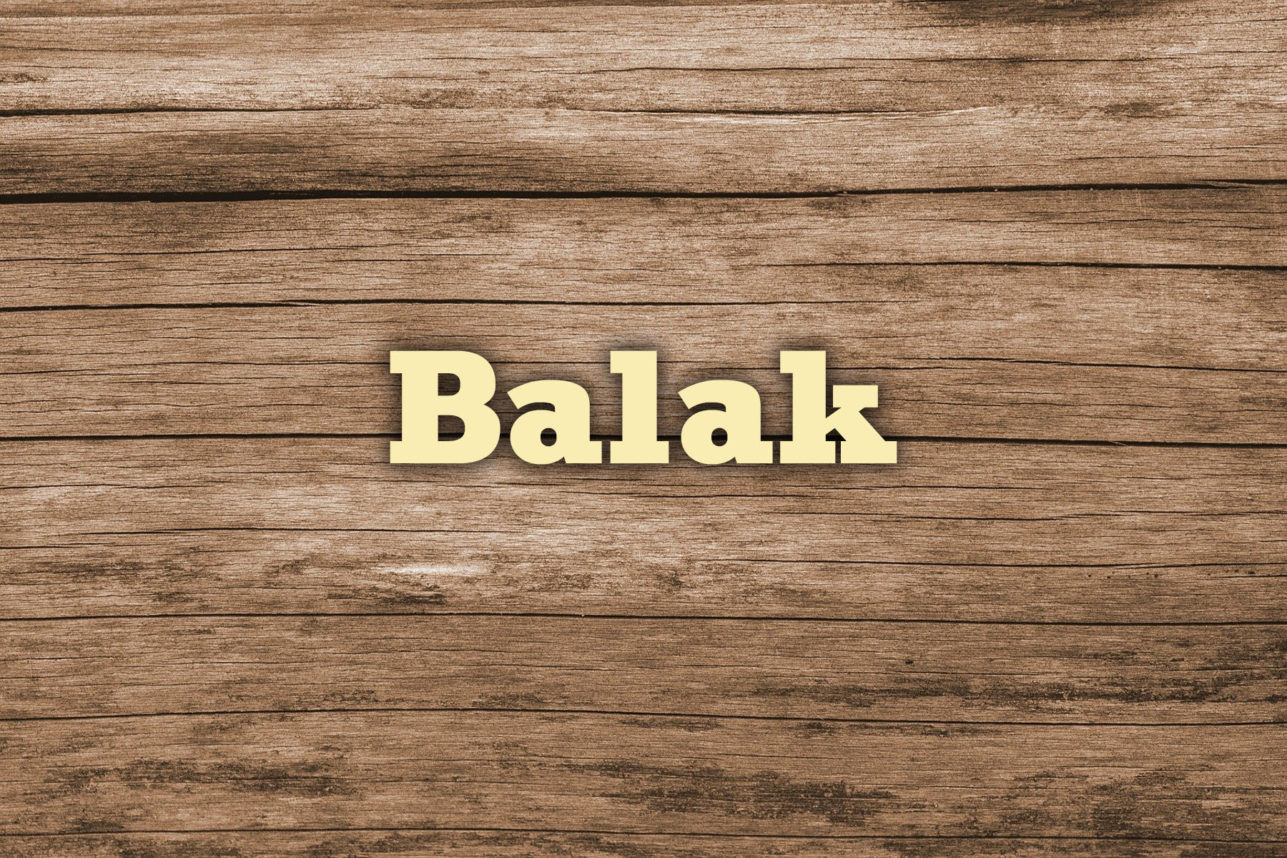

 More news and opinions than at a Shabbat dinner, right in your inbox.
More news and opinions than at a Shabbat dinner, right in your inbox.